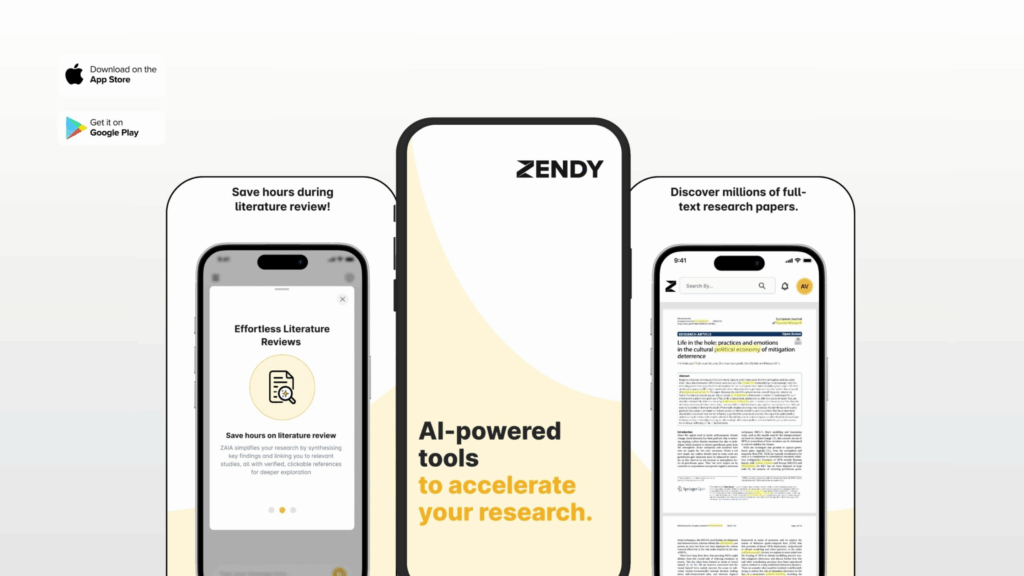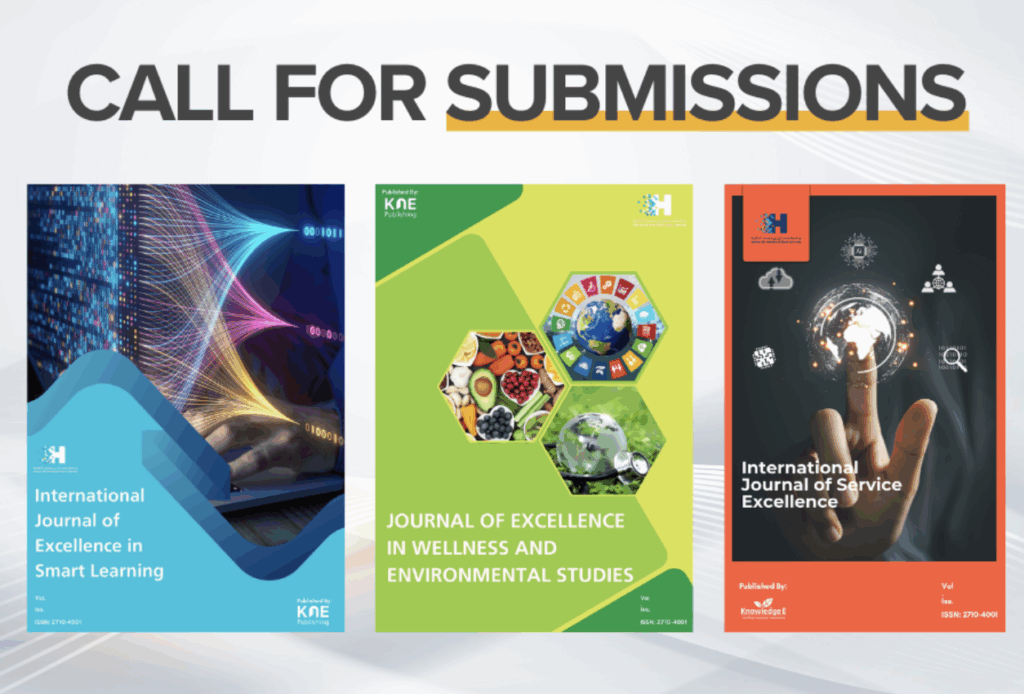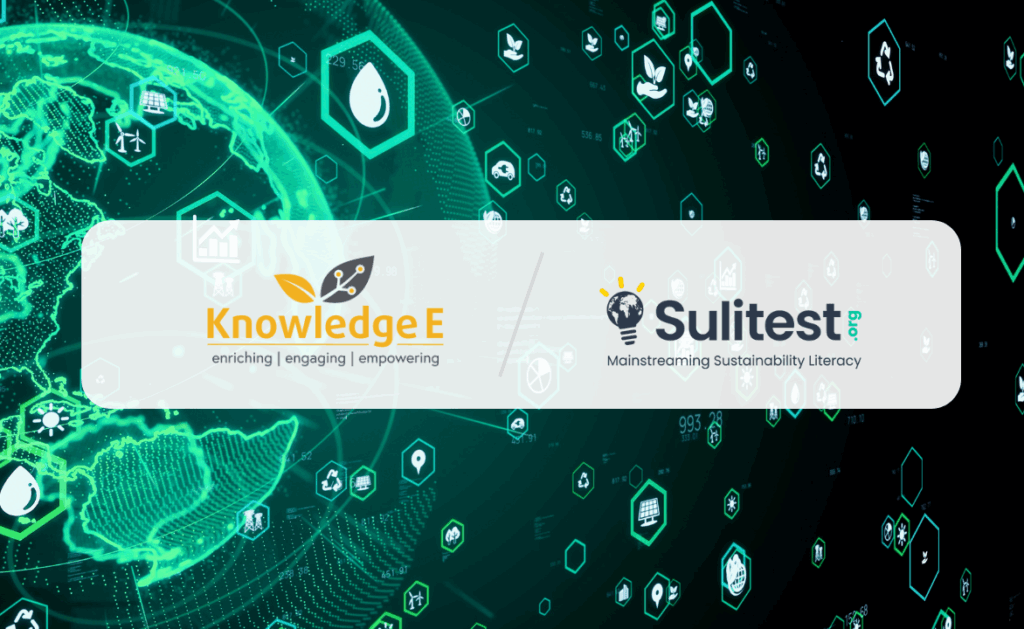
The third UNESCO World Higher Education Conference (WHEC) was held in Barcelona, Spain, from the 18th to the 20th of May 2022. Under the theme of “Reinventing Higher Education for a Sustainable Future” and with the aim of leaving no one behind, the objective of the conference was to forge a common roadmap for higher education (HE).
The WHEC 2022 was organised by UNESCO, with the support of the Government of Spain, the regional Government of Catalonia, the City Hall, and the Regional Authority of Barcelona, in partnership with the Global University Network for Innovation (GUNi), the Catalan Association of Public Universities (ACUP) and with the technical support of the UNESCO International Institute for Higher Education in Latin America and the Caribbean (IESALC). The previous two conferences were held in Paris, at UNESCO’s headquarters in 1998 and 2009 respectively. Initially expected to be held in 2019, the conference was postponed to 2022 due to the complications and restrictions brought by the Covid-19 pandemic.
More than 1,500 on-site attendees gathered at the event, among them 27 ministers, 15 deputy ministers, +200 rectors and vice-rectors, faculty, students, representatives of international as well as regional organisations, companies, and non-profits from all regions of the world to hold a global conversation on the future of higher education.
The conference centred around 10 main themes and included panel sessions, roundtables, discussions, HE talks, speaker corners, as well as a “creathon”. It is important to mention that the conference also had a youth component, including a youth strategy, talks, and activities led by students within tertiary education. The 10 key themes of the conference are listed below:
- • Impact of Covid-19 on Higher Education
• Higher Education and the Sustainable Development Goals (SDGs)
• Inclusion in Higher Education
• Quality and Relevance of Programmes
• Academic Mobility in Higher Education
• Higher Education Governance
• Financing Higher Education
• Data and Knowledge Production
• International Collaboration to Enhance Synergies
• The Futures of Higher Education
Source: WHEC2022 Concept Note
In the formal opening of the Conference, UNESCO Director-General Ms Audrey Azoulay discussed the context in which higher education institutions currently operate and the major global trends and transformations that are taking place. One key statistic she highlighted was the doubling in the number of enrolled students in the past 20 years, which has reached 235 million, a number that is expected to double again in the coming decade – doubling the impact that HE can have.
She also spoke about the importance of the Global Convention on the Recognition of Qualifications which was the first UN treaty on higher education at a global level. The significance of the convention also lies in that it successfully established “universal principles for fair, transparent, and non-discriminatory recognition of higher education qualifications and qualifications giving access to higher education and offering avenues for further study and employment”.
Read more about the Global Convention on the Recognition of Qualifications.
Ms Azoulay mentioned that a number of Arab states adopted the revised Convention on the Recognition of Studies, Diplomas and Degrees in Higher Education in the Arab States during an International Conference of States at UNESCO Headquarters in Paris, France in February 2nd 2022. Revisiting this convention was made necessary by the unprecedented changes to higher education, especially within the region, where students in Arab states have recorded higher mobility than the global average, higher education institutions have regionally multiplied, and specialisations and learning modes have expanded drastically.
Another important message communicated throughout the conference was the importance of re-defining and rethinking the mission and purpose of higher education institutions in light of new arising educational needs and lifelong learning. Also highlighted throughout the conference was the importance of viewing higher education as a public good in order to improve access and inclusion and reinforce higher education’s social impact.
For collaborations and partnerships to be impactful within HE, they have to exist not only between universities themselves but also between universities and their local, regional and global environments, including all types of stakeholders, such as organisations, government bodies and businesses. The role of cooperation within higher education was discussed as a way to help connect universities to their environments and help spread knowledge, foster innovation, and build capacities to enrich the higher education ecosystem.

Perhaps, the most crucial output of the three-day conference was the Higher Education 2030 Roadmap presented by the Assistant Director-General for Education at UNESCO, Ms Stefania Giannini during the official closing of the conference. Ms Giannini described the roadmap as a ‘living document’, inviting all stakeholders to contribute to it and think of new strategies and approaches to aid higher education in coping with the challenges facing the world today.
The main challenges outlined in the UNESCO WHEC 2022 Roadmap document are as follows:
- • Climate change and loss of biodiversity
• Persistence of armed conflict
• Income inequality
• Overall decline of democracy
• Impact of Covid-19
Ms Giannini also spoke about the current trends in higher education which included “expansion with enduring disparities, internationalisation, increasing role of technology, changing funding approaches, and complex accountability frameworks”. Moreover, Ms Gianni discussed a set of valuable principles that can guide the future of HE. These guiding principles included “integrity, ethics, sustainability and social responsibility, academic freedom, inclusion, equity, diversity, inquiry, critical thinking, creativity, and cooperation for excellence”.
The conference also highlighted the importance of looking at the mission of higher education with “fresh lenses”. University efforts have traditionally been centred around teaching, research, and knowledge transfer. Now, teaching needs to have another focus to train global citizens who can handle complex problems and achieve lifelong learning. Similarly, research needs to empower transdisciplinary approaches and promote open and shareable knowledge. This would enable universities and higher education institutions to have a more positive impact on the society and environment in which they operate – locally, regionally, and even globally through social engagement and ethical responsibility.

The Presentation of the “GUNi World Report 8: New Visions for Higher Education towards 2030”
The Global University Network for Innovation (GUNi) is formed of 268 higher education institutions, research centres and UNESCO Chairs from 85 different countries. The first UNESCO World Conference on Higher Education gave birth to GUNi which edits reference reports like the “Higher Education in the World Report” series.
At WHEC 2022, GUNi presented its 8th World Report, a special issue under the title “New Visions for Higher Education towards 2030”. The opening of the presentation was delivered by Javier Lafuente, Rector of the University of Barcelona and the immediate past President of GUNi; Maki Katsuno-Hayashikawa, Director of the Division of Education 2030 Support and Coordination, UNESCO; as well as Maria Espinet Alegre, Chief of the Education Area at Fundació “La Caixa”.
Overall, the event was moderated by Associate Director for Knowledge Development and Research at the European Association for International Education (EAIE), Laura Rumbley. Josep M. Vilalta, Director of the Global University Network for Innovation (GUNi) presented a summary of the report, including its objectives and activities. The report analyses the present and future reality of higher education and offers a new vision for higher education Institutions considering all regions of the world.
The report was made up of the following three parts:
1. New contexts, new visions.
This first section addresses and analyses the different trends impacting higher education and offers a new vision for the future of HEIs.
2. Transitions: Key Topics, Key Voices.
This part introduces the proposed vision by incorporating the perspectives of multiple authors from all over the world in relation to the following topics:
- • Governance and professionals
• The future of work
• Research and innovation
• Sustainability
• The digital-human future
• International HE
• HE management
3. Regional Approaches.
The final part of the report offers views and perspectives from different regions of the world, looking beyond the global trends impacting HE and into the specificities of each region.
The presentation included two roundtables in which prominent speakers had a chance to offer their different perspectives about what the GUNi vision for the transformation of higher education meant on a practical level to different stakeholders in various regions across the world. Speakers included Amanda Crowfoot, Secretary General of the European Association of Universities (EUA); Amr Ezzat Salama, President of the Association of Arab Universities; Olusola Oyewole, Secretary General of the Association of African Universities; Rajesh Tandon, Founder and President of Participatory Research in Asia (PRIA); and Axel Didriksson, President of GUNi for Latin America and the Caribbean, among others.
More than 90 experts from all around the world have contributed to making this report possible through consultations, discussions, and articles and will continue to do so as the report is a living document that will continue to grow with new content, including videos and podcasts. We are very proud of our Knowledge E Training & Consulting team member, Victoria Gomez, who was part of the editing team for this insightful report.
You can access the whole GUNi report here.
“The Future of Higher Education" #HED2030 Report by Mobile World Capital
More than 30 global professionals, as well as EDT&Partners, have contributed to the preparation of this report. The report aims to serve as a roadmap to the future of higher education and examines “the 7 key pillars through which technology can help achieve the most important goals in this context: increased outreach, multidiversity, ecosystemic, skill-based learning itineraries, hyper-personalization, Augmented Learning Experience and thriving within a context of uncertainty”.
Perhaps the most prominent takeaway from the report is the significance of digitalisation as a driver of transformation. The report was presented and discussed through a roundtable where authors of the report exchanged opinions and expertise with other industry professionals. The speakers identified and explored present and potential future trends in higher education.
The conversation revolved around how digital platforms and extended reality technologies like VR, AR, and MR could improve the educational experience, making it more open, personalised, decentralised, and accessible to everyone. In addition to that, shed light on how Artificial Intelligence could help to inform universities about various market needs, which in turn would help improve employability.
Apart from the need to move towards digitisation, the speakers described the physical experience of a university campus as something that cannot be replicated virtually and stressed the importance of safeguarding what they called “the human element”.
To read the full press release about the Future of Higher Education Report Presentation by Mobile World Capital, click here.
WHEC 2022 Living Document
The conference held plenty of other valuable insights, talks, presentations, and reports which are available on the WHEC 2022 website.



